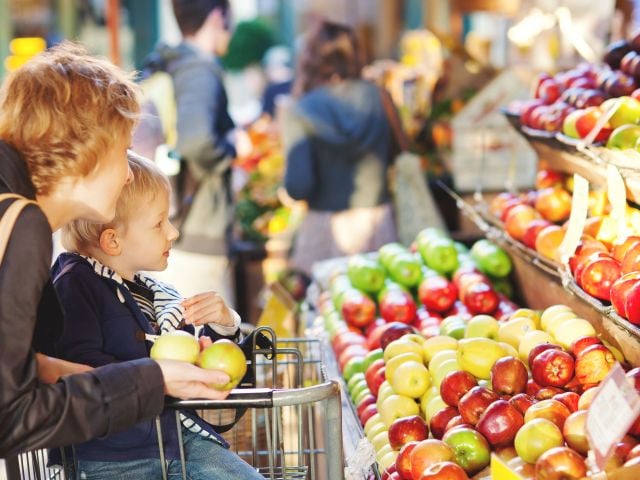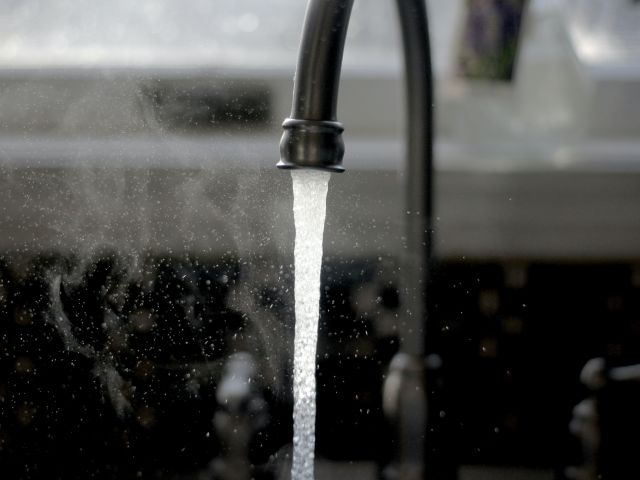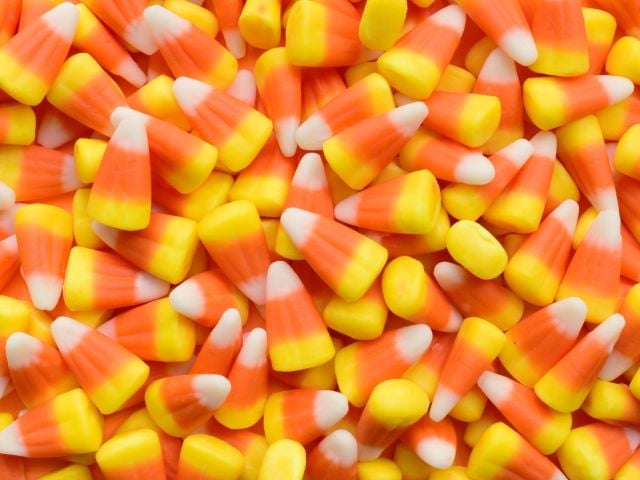Washington, D.C. – Today, Environmental Working Group released Food Scores: Rate Your Plate, an easy-to-use food database and mobile app that will house ratings and a vast array of other information for more than 80,000 foods from about 1,500 brands in a simple, searchable, online format.
The new tool is the most comprehensive food-rating database available to consumers, EWG said. Its scoring system factors in not only nutrition, but also ingredients of concern, such as food additives, and contaminants. It also estimates the degree to which foods have been processed.
“When you think about healthy food, you have to think beyond the Nutrition Facts panel,” said Renee Sharp, EWG’s director of research. “It doesn’t always tell the whole story. EWG’s Food Scores shows that certain foods that we think are good for us may actually be much less so because they contain questionable food additives or toxic contaminants.”
EWG’s Food Scores aims to guide people to greener, healthier, and cleaner food choices. Users can find an overall score, from 1 (best) to 10 (worst), for every product in the food database. EWG’s product profiles include highly detailed information on how each food stacks up in terms of nutritional content and whether they contain questionable additives, such as nitrites or potassium bromate, or harmful contaminants, such as arsenic and mercury, and which foods have the lowest and highest processing concerns. They also identify meat and dairy products that are likely produced with antibiotics and hormones and highlight the fruits and vegetables that are likely to be contaminated with pesticide residues.
The food database also has a unique, interactive function that allows users to customize each product’s Nutrition Facts panel by their age, gender, and life stage, including pregnancy. Users can also limit their searches to find only certified organic, GMO-free, or gluten-free foods.
Today, EWG also released its first full analysis of the more than 80,000 foods in the database. It represents a snapshot of products that carry a barcode in a typical grocery store, from bagged spinach to yogurt to tortilla chips. Overall, EWG found that only about 18 percent of products scored best (1-3.5), 57 percent scored in the middle range (4-7), and 25 percent scored worst (8-10). EWG's Food Scores Gives a Snapshot on the State of America's Food Landscape. Click here to read the full analysis.
While we know that Americans are eating too much sugar, EWG’s analysis shows how truly ubiquitous added sugar is across supermarket shelves. Nearly 60 percent of the foods in EWG’s database contain at least one form of added sugar, and in some food categories added sugar is shockingly pervasive. For example, EWG found that 92 percent of granola and trail mix bars in the database contain added sugars. In some cases, almost a third of the bar’s weight is sugar.
Other food categories with surprisingly high percentages of added sugar include stuffing mixes (100 percent), stuffing (96 percent), deli meats (74-98 percent, depending on type), salad dressings (86 percent), peanut and other nut butters (68 percent), and crackers (63 percent).
“We developed EWG's Food Scores in recognition of two trends," said Ken Cook, EWG's president and cofounder. "First, Americans are becoming increasingly concerned about excessive amounts of sugar, salt, fat and other unhealthy ingredients in supermarket food. Second, they no longer trust big food companies or popular brands to put health before profits, not even the health of our kids. With EWG’s Food Scores, shoppers can quickly see what food companies are really putting into their food."
EWG’s Food Scores is built on data gathered by LabelINSIGHT®, an independent product label database and analysis platform, which provides details on packaged foods that carry a barcode.
EWG's Food Scores is available as a free mobile app for iPhone users. Click here to download the app. With the app, consumers are able to scan barcodes of products with their smartphones to get rating information while they are grocery shopping. They are able to compare a product's score to that of similar products, right at their fingertips, and find comparable products with better scores.
"Whether they’re making a shopping list or using a smartphone to scan items in the store, EWG's Food Scores will empower people to shop for healthier products and reward the companies that make them," added Cook. "We feel confident that this tool will drive the marketplace towards greener, simpler and healthier products, just as hundreds of millions of product searches in EWG's Skin Deep database have changed the market for cosmetics and personal care products.”
EWG’s Food Scores is funded through dedicated support from the GRACE Communications Foundation and the Brin Wojcicki Foundation, the Cedar Tree Foundation, individual donors, and online donations from our more than 1.6 million supporters.
About EWG:
EWG is a national nonprofit research and advocacy group based in Washington, D.C. whose mission is to empower people to live healthier lives in a healthier environment. For two decades, EWG has been driving consumer choice and civic action with its game-changing investigations and research on toxics and environmental health, food and agriculture, and water and energy. EWG is supported by private individuals and foundations and socially responsible companies that offer a wide range of products, including organic food, personal care products and financial services, as well as its online community of 1.6 million. To learn more about who funds EWG, click here.



